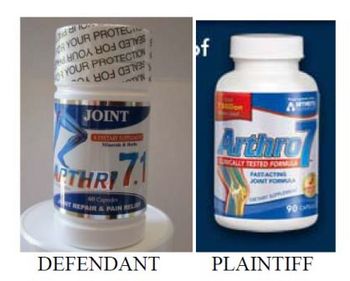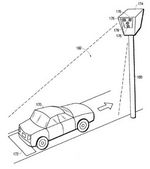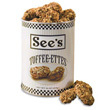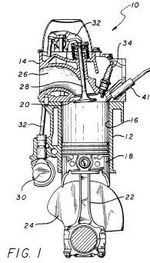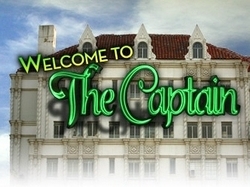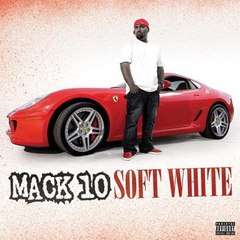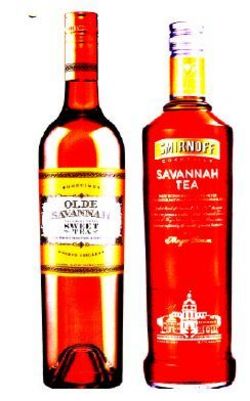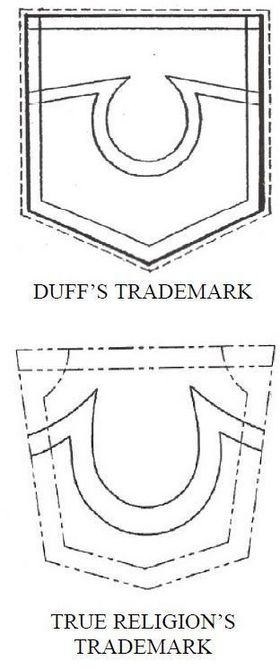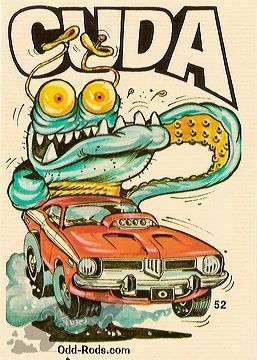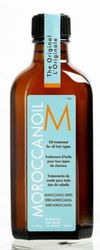 Los Angeles, CA – Moroccanoil manufactures “salon only” hair care products under its Moroccanioil®, “M Moroccanoil Design” and “Vertical Moroccanoil M Design” trademarks, which are all registered with the USPTO. Through its distribution arrangements Moroccanoil restricts the sale of its products to professional salons and licensed cosmetologists.
Los Angeles, CA – Moroccanoil manufactures “salon only” hair care products under its Moroccanioil®, “M Moroccanoil Design” and “Vertical Moroccanoil M Design” trademarks, which are all registered with the USPTO. Through its distribution arrangements Moroccanoil restricts the sale of its products to professional salons and licensed cosmetologists.
Defendant Beauty Encounter is accused of selling counterfeit Moroccanoil products through the www.beautyencounter.com and www.perfumeshop.com websites. Plaintiffs allege that they conducted chemical testing of Defendant’s products and determined that they had “distinctly different chemical and physical properties that do not match genuine Moroccanoil Oil Treatment.” Further, the complaint states that because Defendants cannot legitimately obtain genuine products from authorized distributors, “Defendants encourage Moroccanoil distributors and salons to cheat Plaintiffs by encouraging the distributors to order more Moroccanoil Products than the distributor or any salon needs. The excess Moroccanoil Products are then sold, directly or indirectly, to Defendants.” Thus, in addition to the trademark related claims, Plaintiffs assert interference with contractual relations and prospective advantage claims. The case is Moroccanoil, Inc. v. Beauty Encounter, Inc., CV10-5696 SVW (C.D. Cal. 2010).
 Los Angeles Intellectual Property Trademark Attorney Blog
Los Angeles Intellectual Property Trademark Attorney Blog



